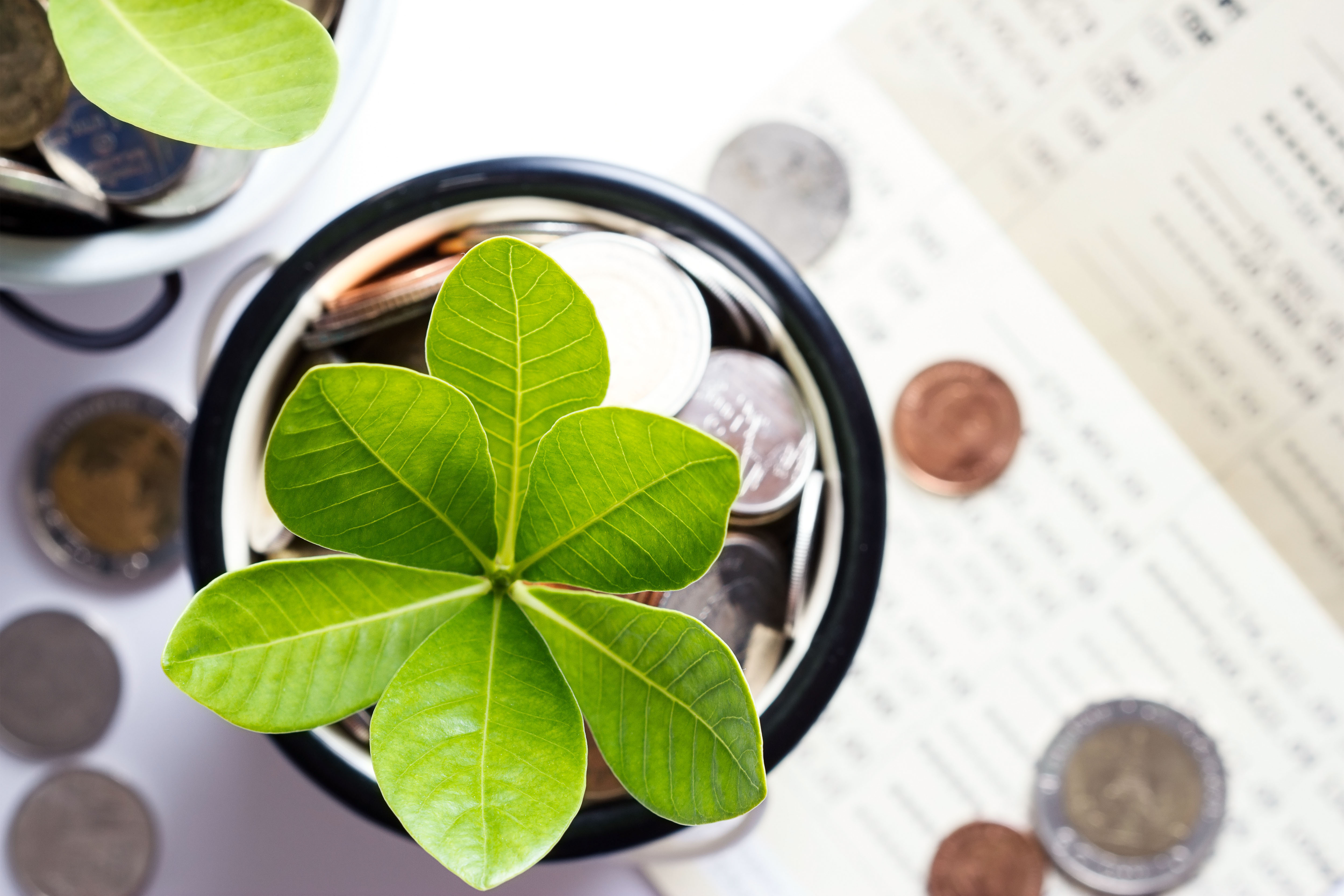 Covid-19’s widespread financial damage includes an unparalleled hit to company dividends. Meaning more tough times for income investors. But the situation varies across sectors. It’s not all bad news. Charles Luke, Senior Investment Director, UK Equities, shares the latest on dividends – including signs of stability and renewed activity.
Covid-19’s widespread financial damage includes an unparalleled hit to company dividends. Meaning more tough times for income investors. But the situation varies across sectors. It’s not all bad news. Charles Luke, Senior Investment Director, UK Equities, shares the latest on dividends – including signs of stability and renewed activity.
On 10 March, John Menzies was the first company to suspend its dividend due to the coronavirus. A raft of others followed. In the UK, 47 of the FTSE 100’s companies reduced, suspended or cancelled their dividends. And at least 100 of the FTSE 250’s companies did the same. Never before have we seen such widespread action at once.
It’s an obvious concern to investors. Dividends and dividend growth play a critical role in achieving sustainable income and long-term returns. Many studies show that the greatest proportion of total returns come from dividends and their reinvestment. But while the overall statistics on dividend cuts and delays are unprecedented, it’s not all bleak. Many companies have been able to stick to their dividend strategy despite the coronavirus crisis. And quality, sustainable income is out there, if you know where to look.
Companies acted for various reasons
There were several reasons behind the decision to cut or delay dividends. For some companies the decision was forced, for others it was financially critical, while it was a welcome relief in a few cases. For many companies, it was purely cautionary – to preserve cash in the incredibly uncertain economic climate.
The Bank of England’s Prudential Regulatory Authority told banks not to pay dividends. Meanwhile, those companies that used the government’s financial assistance packages could not justifiably follow this with dividend payouts to shareholders.
On the flipside, some companies such as Imperial Brands and Shell took advantage of the opportunity to lower dividends. This was especially the case if they had been over-distributing, had too much debt, or needed the cash for other investment needs.
So a very varied picture across sectors. Let’s take a deeper dive into the dividends situation.
A mixed bag
In real estate, how different subsectors performed very much depended on the purpose of the property. Lockdown resulted in the closure of many physical retail units so this area saw deep cuts to dividends. However, some companies were able to support or even increase their dividends. For instance, companies with self-storage or urban logistics assets, such as Safestore or LondonMetric, benefited from resilient demand and the growth of online retailers.
Hardest hit
It’s no surprise that the travel and leisure sector was one of the worst hit areas during lockdown. No revenue versus high fixed costs meant there were extensive dividend cuts across the sector, including companies such as Carnival and Whitbread.
Oil and gas, which had been over-distributing dividends previously, also made widespread cuts. But several headwinds are buffeting the sector. Lockdowns resulted in an unprecedented fall in global demand for oil, which led to oversupply and nowhere to store it. This meant owners of certain types of oil had to pay to find a home for it, which led to the most unusual situation of negative oil prices. Add to that the transition to renewable energy, and the sector had no choice but to act on dividends.
Elsewhere, the UK’s largest banks, including HSBC, Lloyds, Barclays and Royal Bank of Scotland, all slammed the breaks on dividends. As mentioned earlier, regulatory pressure was key but these companies face a challenging environment of low interest rates and likely increased loan impairments.
Able to maintain
It wasn’t all cuts or delays though. Some companies maintained their dividend payouts, supported by strong demand, robust balance sheets, flexible cost bases and recurring or needs-driven revenues.
A strong iron ore price supported mining companies. Rio Tinto, among others, was able to pay out. The majority of healthcare and pharmaceutical companies also maintained payments. This included AstraZeneca, GSK and Smith & Nephew.
And it was, relatively speaking, business as usual for some sectors. This included telecoms, utilities and food producers. Vodafone, National Grid, SSE and Unilever all dished out their dividends. Beverage giants Diageo and Coca-Cola Hellenic (see below) did the same. They were helped by strong off-trade business (the sale of drinks in supermarkets for example, to be consumed at home) partly offsetting weakness in ontrade (e.g. drinks sold in hotels and restaurants).
Where are we now?
While the fog of Covid-19 is clearing in some areas, enormous economic uncertainty remains. Many management teams are waiting on signs of the virus and economic activity stabilising further, and to understand the impact as furlough schemes end. And many will prioritise repaying government support and additional borrowings over payments to shareholders. Even when they reinstate dividends, it may not be at the same level as previously. Priorities have changed for most companies.
But there are signs of encouragement. We’re seeing some company management becoming more confident about reinstating their dividends. Sometimes it’s a case that they were overly cautious at the height of the crisis. And it’s often the case that given their needs-driven characteristics, demand has remained robust – in the insurance sector for example.
Income investing can still work
There’s no doubt that income investing has had a difficult 12 months. First, there was the collapse of a high-profile fund and well-known investment manager turnover. Then Covid-19 – a hammer of human and financial distress – seemingly swung out of nowhere. It’s been a huge blow to dividends.
But this doesn’t point to the demise of income investing. It can still work – you just need to find the right companies to deliver sustainable income growth. Read Dividends part 2: the search for sustainable income to find out more.